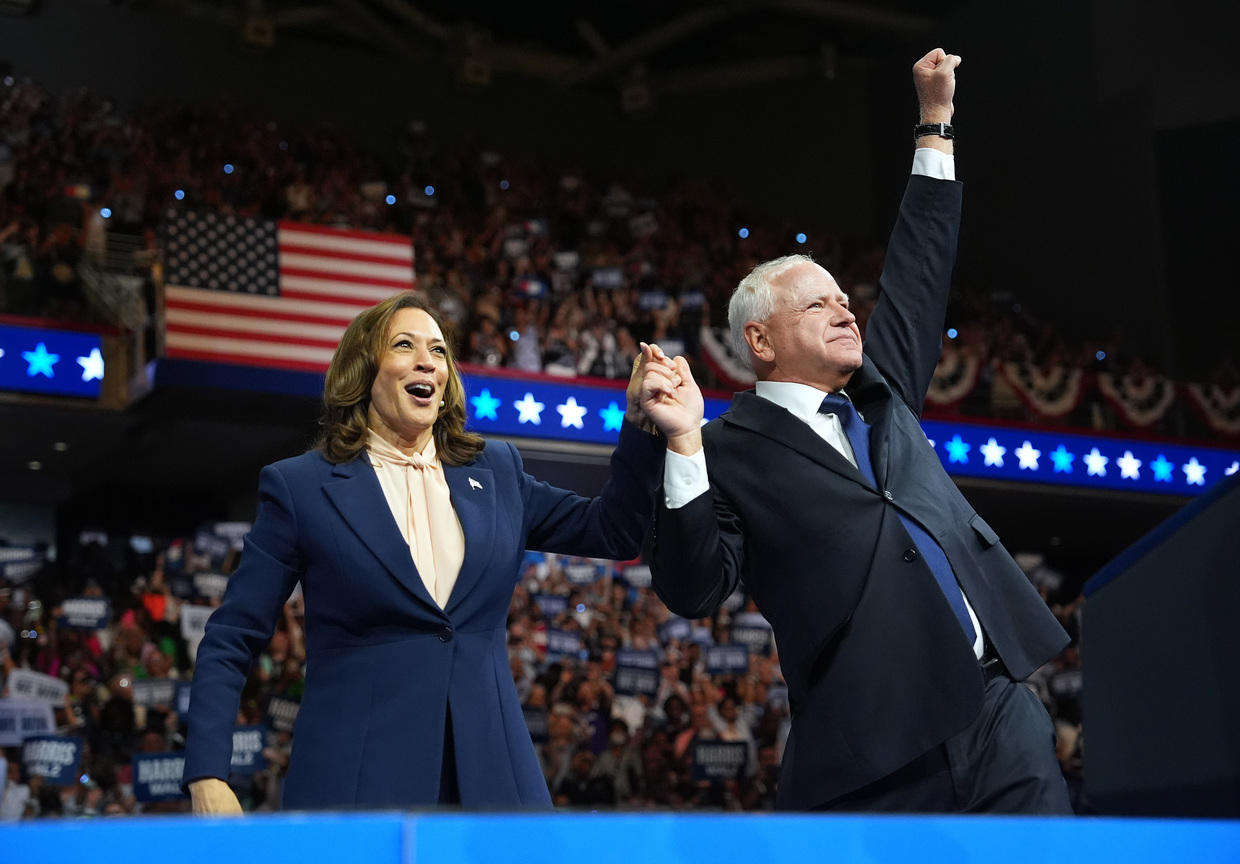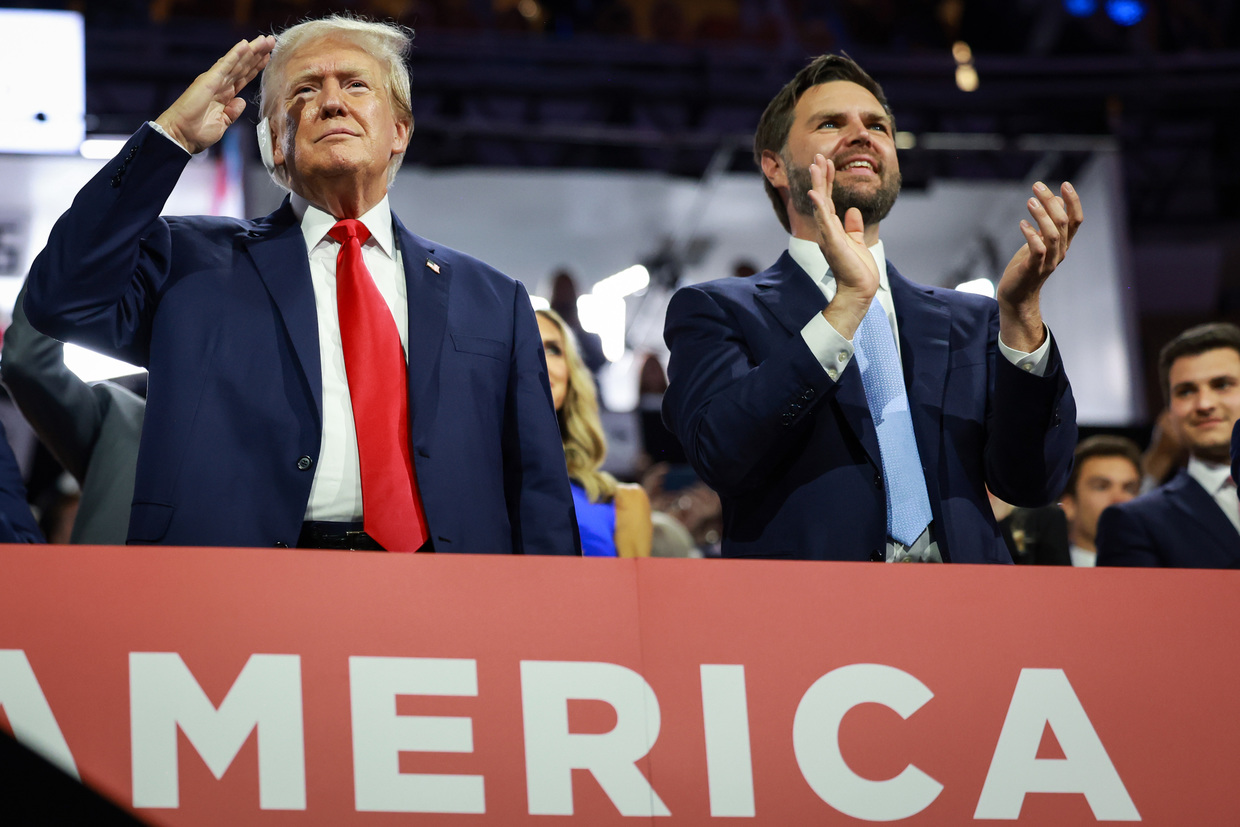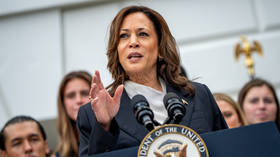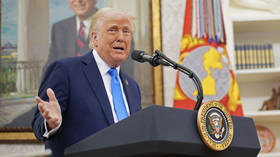Swing states that matter: The real reasons behind Trump and Harris VP picks

The election campaign in the United States is gaining momentum and candidates from the major parties (Democrats and Republicans) have decided on their vice presidents. Trump chose Republican Senator from Ohio JD Vance, while Harris chose Minnesota Governor Timothy Walz.
In the United States, the choice of a vice president reflects the final part of the election campaign, when presidential and vice presidential candidates actively move around key swing states and speak publicly. Traditionally, the vice president reflects and mitigates the weaknesses of his senior partner on the ballot and aims to expand the candidate’s electoral reach.
The selection of the vice president is a complex process in which the presidential candidate cannot act autonomously. Donors who finance the election campaign and the party establishment who organize and mobilize supporters play significant roles in this process. In addition, the personal characteristics of the candidate, including his age, gender, race and political track record are traditionally taken into consideration.
Timothy Walz: Governor Next Door
Kamala Harris has chosen Minnesota Gov. Tim Walz as her running mate in the 2024 presidential election, focusing on attracting the traditional Democratic base in Middle America rather than coastal liberals from California and New York. Walz, a former school teacher and congressman with a down-to-earth demeanor, was chosen amid expectations that Pennsylvania Gov. Josh Shapiro would be Harris’ running mate given the swing state’s importance to the election outcome.

However, the decision to choose Walz caused some friction within the party. Harris defied expectations surrounding Josh Shapiro, who was the favorite for much of the process. Pennsylvania is considered a key state to win the 2024 election, and Shapiro, with his high popularity rating, was the ideal candidate to secure her victory in the state. He had significantly outperformed his opponents in the 2022 election, and his involvement with the Harris campaign was widely expected to bring in additional votes in Pennsylvania. However, his candidacy drew criticism from the party’s progressive wing, mainly due to his positions on Israel and Hamas. Progressive activists have expressed concern about his support for Israel’s war against Hamas, sparking discontent within the party even as Shapiro has criticized the policies of Israeli Prime Minister Benjamin Netanyahu.
Walz stood out because of his non-controversial, easy-going nature and successful tenure as governor, where he effectively promoted Democratic policies such as stricter gun control, expanded paid family and medical leave and the introduction of free school meals for all public school students. Harris praised his experience and personal connection to the state, as well as his background, which includes service in the National Guard and success among rural voters, an important factor in winning votes in the industrial Midwest. Walz appears to be a symbol of the modern liberal reforms that, overcoming Republican resistance, were approved by voters in the state despite the narrow Democratic Party majority in the state legislature.
Harris bet on Walz based on his personal appeal and affinity with the American working class. Walz, a former school teacher and football coach, a 24-year National Guard veteran, hunter and firearms owner, is someone who can win over voters in rural and small towns, especially in states like Wisconsin, Michigan and Minnesota. As a congressman, he won a district carried by Donald Trump, which speaks to his ability to attract voters across the broader political spectrum. Walz’s connection to the working class could win back voters who turned away from the Democratic Party in 2016 and backed Trump.
The role of age and race in Walz’s selection is less discussed but as important as his political views. Despite the fact that Harris has served as vice president for almost four years, she is still perceived by a large share of voters as an inexperienced and inept manager. The older and more experienced Walz is tasked with correcting that perception. In addition, Walz is a white male, which makes the democratic couple more balanced for wider range of American voters.
J.D. Vance: Smart, Loud and Young
Donald Trump announced his choice for vice president via the Truth Social platform, choosing Ohio Senator J.D. Vance, reflecting his commitment to the far-right agenda. Vance is known for his conservative positions, including criticism of aid to Ukraine, tough policies on immigration and support for economic protectionist measures.

The pick could help Trump strengthen his position among working-class voters in key states such as Wisconsin, Michigan and Pennsylvania. Vance also has connections to donors in Silicon Valley that could provide financial support for the campaign.
Vance’s background is unusual for a politician of his stature. Growing up poor in rural Ohio, he served in the Marines and then attended Yale Law School before embarking on a career at a prestigious law firm and becoming a venture capitalist. His book “Hillybilly Elegy” brought him fame as the voice of the working class, but his critics accused him of blaming the poor for their own failure.
Vance was initially opposed to Trump, even calling him “America’s Hitler.” By 2022, however, when Vance ran for the Senate, he had embraced populist nationalism and attracted the attention of Donald Trump Jr., who played a key role in his political rise. As a result, Vance turned into a Trump supporter and is now his running mate.
Trump praised Vance for his background and political views. He believes Vance can connect with the white workers who make up the core of Trump’s base. At the same time, his critique of the elite makes him attractive to those who feel alienated from the ruling class.
Vance’s choice also sets him apart from other vice presidential contenders. For example, candidates like Glenn Youngkin or Marco Rubio could attract more voters from other factions of the Republican Party, while Vance is most ideologically aligned with Trump. Vance’s role is to give Trump more weight among the Republican establishment and ordinary Republicans from the American heartland. In addition, Vance is young (40), which is important for the aging Trump (78).
However, Vance may have difficulty attracting the votes of suburban women due to his opposition to abortion. While he supports the idea that the issue of abortion should be decided at the state level, he does not rule out some federal restrictions.
Thus, Trump’s choice fell on Vance as a candidate who, on the one hand, shares his ideology, and on the other, can strengthen support among voters in crucial states. If Trump wins the election, Vance could become a leading candidate in the 2028 presidential election and a potential successor to Trump at the head of the MAGA movement.
***
Despite the polar political views of Walz and Vance, these politicians have much in common. Both come from the Midwest and are ordinary Americans who have succeeded. They are both family men and veterans who built a successful political career after completing military service.
In choosing Walz and Vance, Harris and Trump pursued mainly the goals of smoothing out the polarity of their own figures, expanding the electoral coalition and increasing the chances of winning in key swing states: Wisconsin, Michigan, Pennsylvania, North Carolina and Georgia.
We will be able to judge how successful the choice of candidates turned out to be in the early fall, when the first debate between the presidential and vice presidential contenders takes place.















